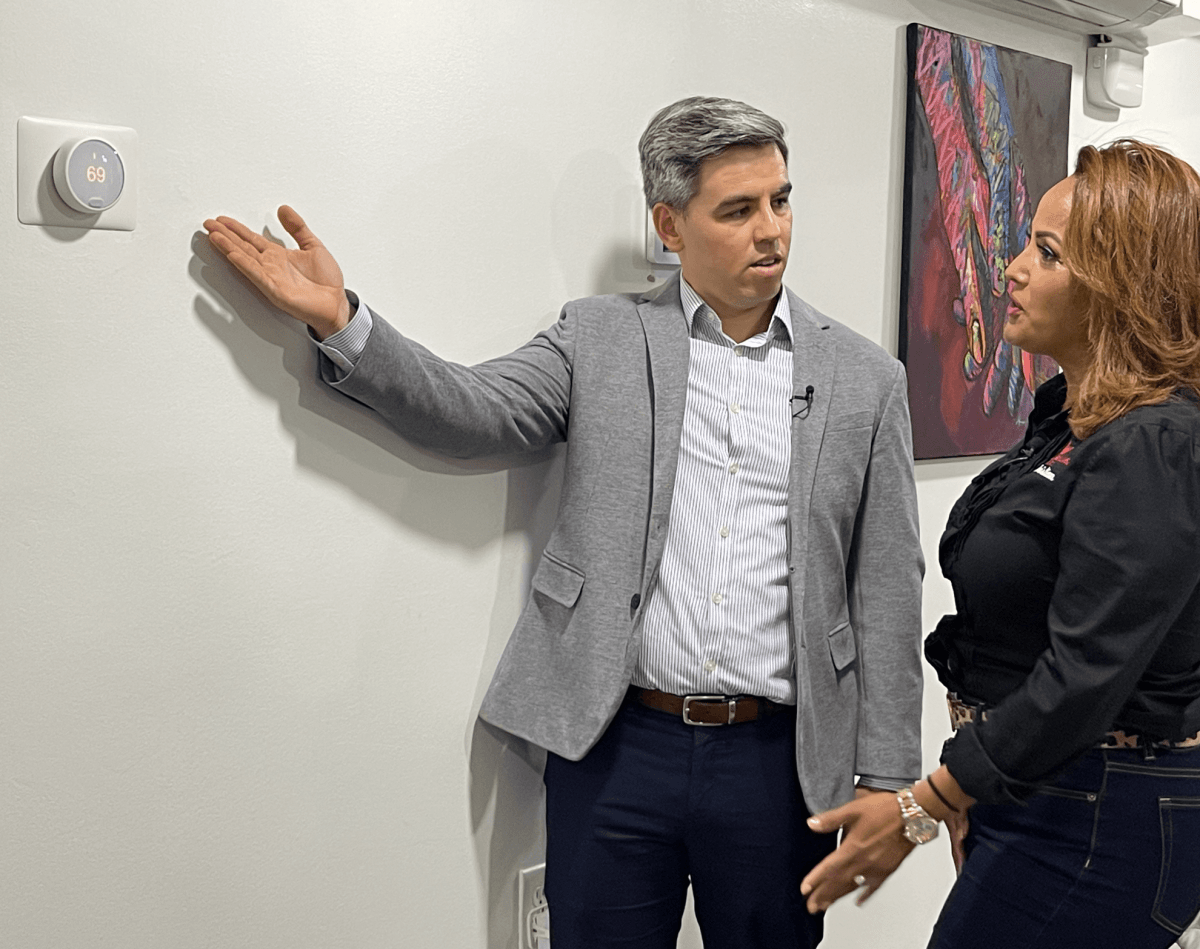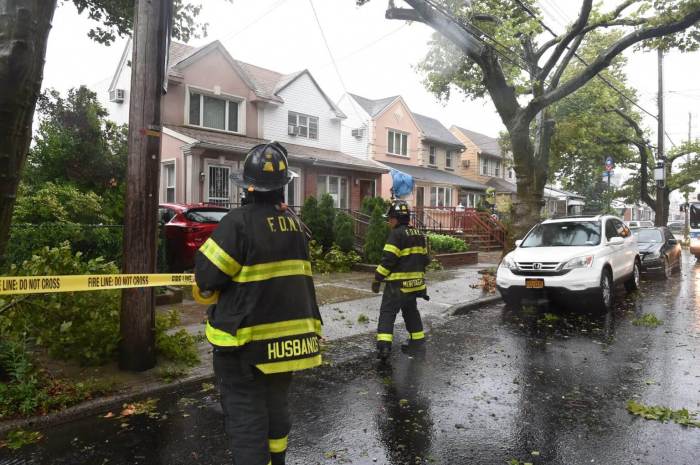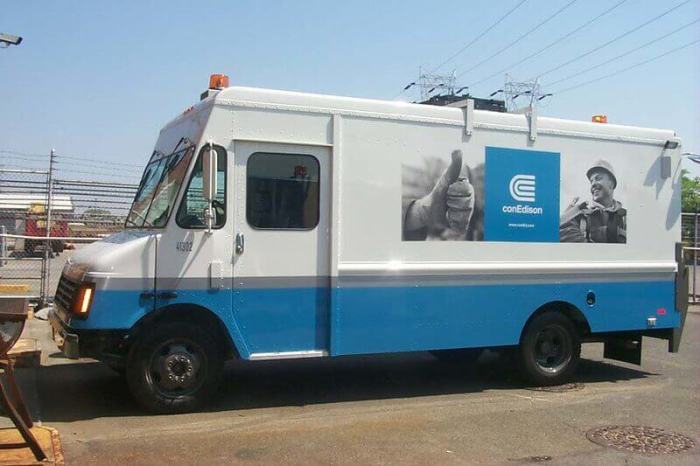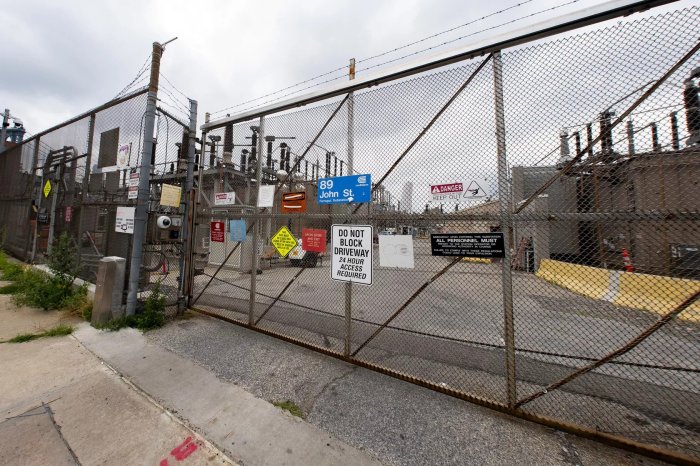Five years ago, when Christiam Velez began seeking ways to winterize her home, it was a prescient move. This winter, heating bills for Con Edison customers are expected to rise, due to increases in the cost of natural gas, which influences the cost of electricity.
To help her find energy inefficiencies in her multi-family property in The Bronx, Velez called Con Edison and set up an energy audit. Room by room, reps identified how she was losing heat. “They gave me great ideas,” she said.
The ideas included spray insulation — “very costly,” said Velez, “not a project that you can do overnight. You need to plan for it because of how expensive it is.”
She replaced the windows. “They were working, but just because your windows are working doesn’t mean that they are giving you the best results,” she said.
Velez also installed a smart thermostat, an instrument that acts on its own. “After three months, the thermostat begins to understand your heating patterns and adjusts on its own,” said Velez.
The savings have been significant. Upon acquiring the four-unit property five years ago, Velez’ heating costs were $600 a month. Last winter they were about $400.
Many of Con Edison’s 3.5 million customers can find similar efficiencies as they face higher gas and electric costs this winter.
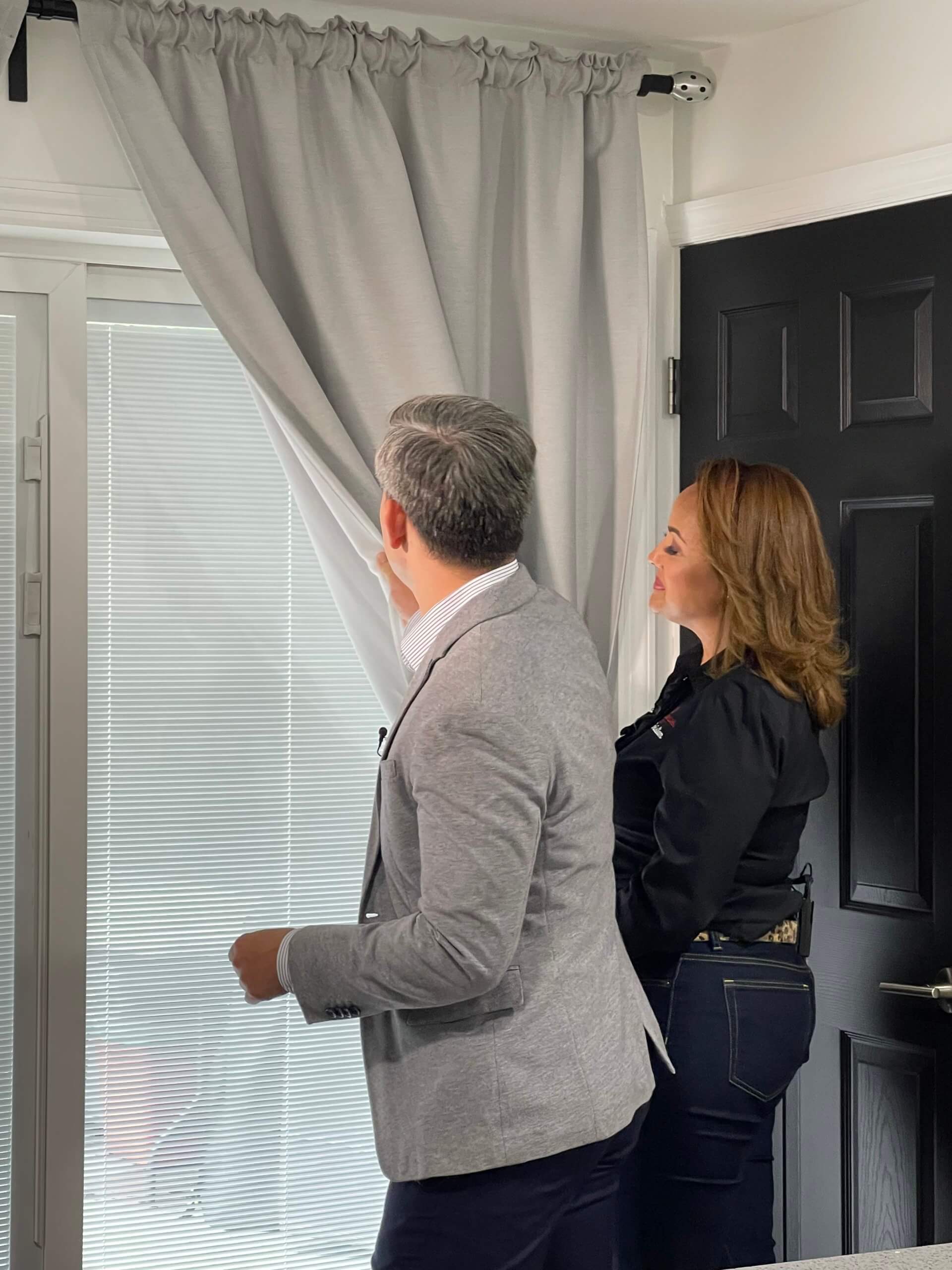
How much higher? The company projects that its average residential natural gas heating customer using an average of 165 therms per month will pay $460 a month from November 2022 to March 2023, 32 percent more than the average bill of $348 a year earlier.
Supply costs will account for $90 of that $112 increase, while delivery charges will account for $22, under the company’s projections.
On the electric side, a New York City residential customer using 300 kilowatt hours a month this winter will pay about $116, a 22-percent increase over last winter’s $95.
A Westchester County customer using 600 kilowatt hours a month will have an average bill of $203, a 27-percent increase over last winter’s $160, based on the company’s latest estimates.
For a small commercial customer using 583 kilowatt hours per month, bills are projected to rise $44, or 23 percent, from $194 last winter to $238. A larger commercial customer using 10,800 kilowatt hours per month with a peak demand of 31 kilowatts will see an increase of $706, or 28 percent, from $2,524 to $3,230.
Customers can save money on energy by using these tips:
- Set thermostats at the lowest comfortable temperature. Each degree lower decreases heating costs.
- Make sure heating vents are not blocked by furniture, carpeting or anything else that could obstruct the flow of heat.
- Have a qualified contractor clean and inspect heating systems.
- Insulate hot-water pipes and warm-air ducts that pass through unheated areas.
- Clean or replace filters for the hot-air furnace and heat-pump.
- Replace conventional light bulbs with LED bulbs, which are up to 10 times more efficient, and are widely available and affordable.
“We recognize it’s going to be a challenge for our customers this coming winter,” said Katelyn Tsukada, a Con Edison energy efficiency expert. “And we are offering several ways for customers – homeowners, apartment dwellers and businesses – to mitigate that hardship ahead of the cold weather and to help reduce energy waste.”
For assistance with payment plans, visit coned.com/billhelp; For energy efficiency information, visit https://www.coned.com/en/save-money/tips-to-lower-your-bill



